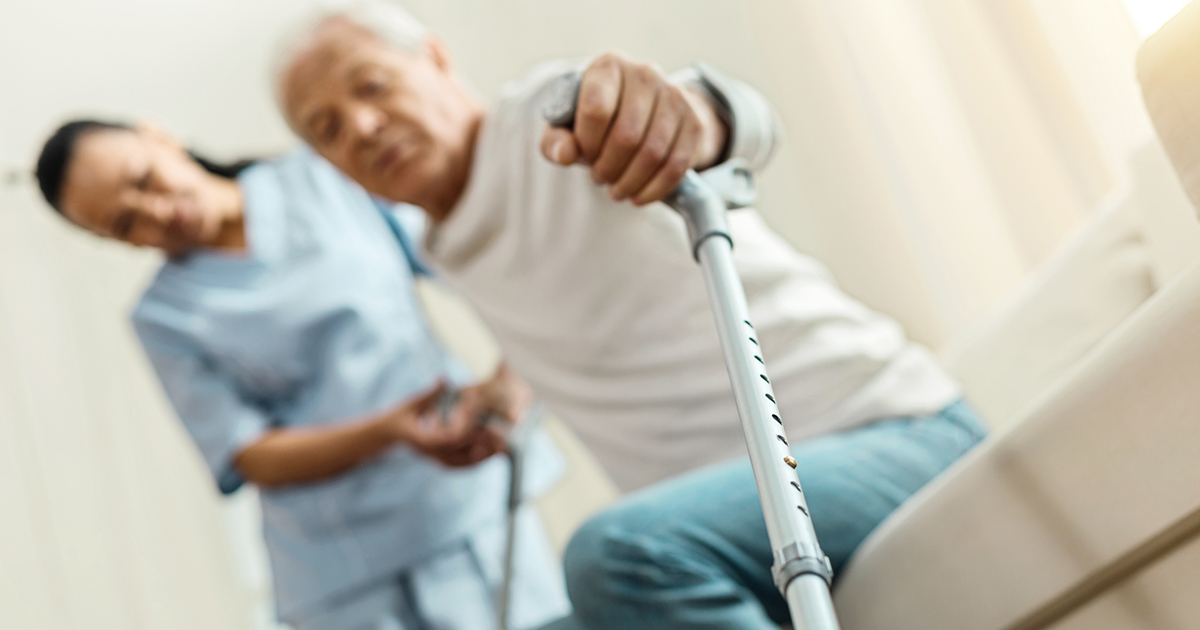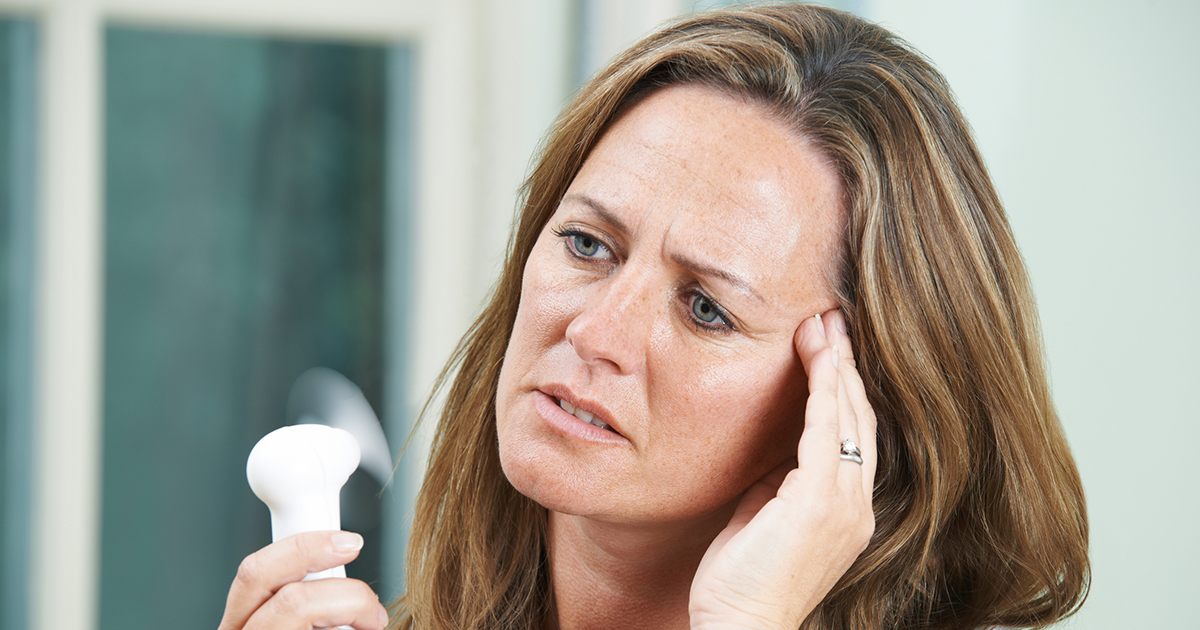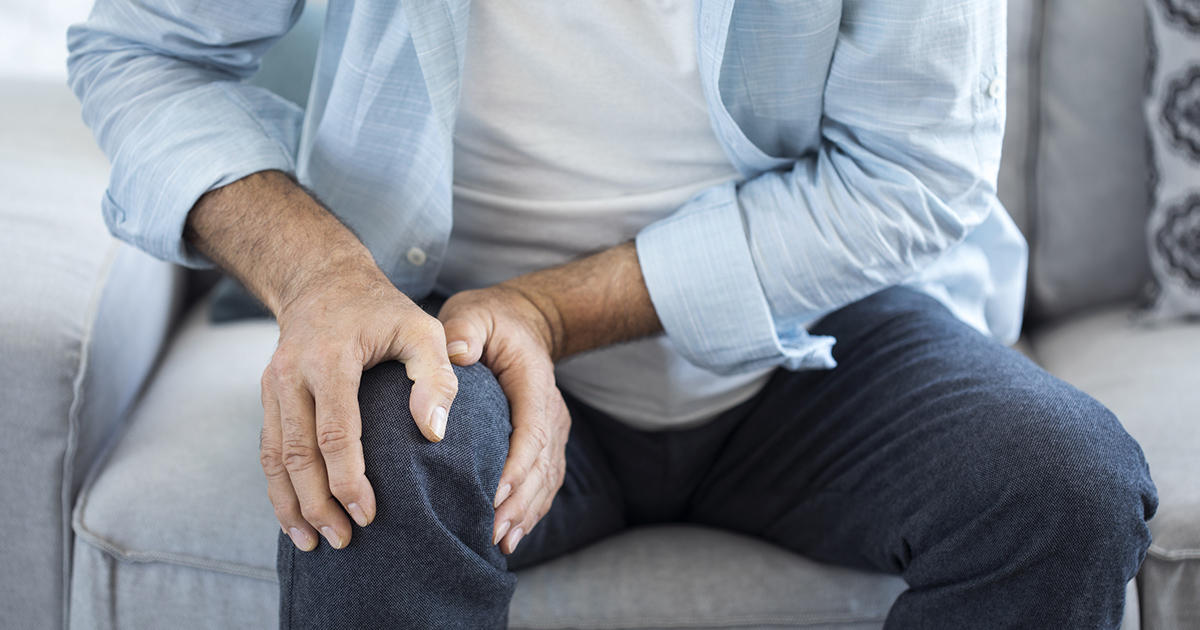Common Causes Of Osteopenia
Osteopenia is a medical condition that affects the bones and is characterized by a decreased bone density, which results in weakened bones that are highly susceptible to breaking or fracturing. Osteopenia, however, is not to be confused with osteoporosis. Though the two are related, the difference is the bone loss in osteopenia is not as severe as in osteoporosis. This implies that even though someone with osteopenia is more likely to break a bone than a healthy individual, they are not as likely to fracture it as someone with osteoporosis. Knowing whether you have osteopenia is vital because there are more individuals with osteopenia than with osteoporosis. As such, patients with osteopenia account for the highest number of fractured bones. Start examining the major causes of osteopenia now.
Aging

Due to the natural aging process bones gradually deteriorate in function, structure, and composition, which can predispose someone to osteopenia. Osteopenia, by definition, is the deterioration of bone mass and micro-architecture, which increases its fragility and susceptibility to fractures. Bones are dynamic structures that serve both homeostatic and mechanical functions. They usually undergo continuous self-regeneration through a process known as remodeling. These regenerative processes occur in distinct areas within the bones referred to as bone metabolic units (BMUs). Within each bone metabolic unit, bone formation through bone resorption by osteoclasts and osteoblasts is carried out carefully to ensure bone strength and mass are maintained while making certain deformities do not occur. However, as you age, this delicate balance tips towards the negative direction, i.e., it begins to favor enhanced bone resorption and decreased bone formation. Consequently, the combination of a reduction in strength and bone mass deficiency ultimately gives rise to osteopenia and thus, susceptibility to fractures.
Continue for more on what can cause osteopenia now.
Family History Of Low Bone Mass Density

Take a moment and think about your lineage. Consider your father, mother, and your grandparents on both sides, in addition to your aunts and uncles. You might notice there are certain ‘types of bodies’ that seem to be running through the generations. This is why we often talk about individuals taking after certain relatives during family gatherings. However, this is not just limited to the eyes and noses; individuals also inherit certain genetic features such as thick and heavy bones, or thin and fragile bones.
This is how genetics play a role in developing osteopenia. If you inherit a genetic code that favors thick and heavy bones, you will be less likely to get this condition. However, if there is a family history of low bone mass density, you are more susceptible to developing this bone disorder. Moreover, certain ethnicities tend to have smaller bone structures. These include Asians, Caucasians, and Indians. They are, therefore, at a higher risk of osteopenia. Africans and Hispanics, however, tend to have higher bone densities.
Continue to reveal the full details on another common cause of osteopenia.
Menopause Before Forty-Five

There is a causal link between osteopenia and menopause, which is when women can no longer ovulate, causing their monthly menstruation to stop. The result is their estrogen levels decrease dramatically. Following menopause, a woman can lose as much as half of her total bone mass within the first ten years. The direct consequence of menopause is a woman’s body suffers from a lack of estrogen, which is directly link to a decrease in their bone density. As such, if a woman hits menopause before forty-five, they start losing their bone mass even earlier, enhancing their risk of developing the bone condition exponentially. The takeaway here is the lower a woman’s estrogen levels are, the lower her bone density levels are as well. Moreover, women who go for a long time without having their periods, or those with irregular periods are at increased risk of developing osteopenia.
Keep going to understand how diet can result in osteopenia.
Diet Lacking Vitamin D And Calcium

Calcium is a vital mineral that promotes and maintains bone health. However, as you age, calcium may start getting diverted to your kidneys and intestines. Thus, if your bones stop getting enough calcium, they may become brittle and weak, and because calcium is essential for maintaining and enhancing bone mass, it is imperative to include it in your diet. The best calcium sources are milk in addition to other dairy products, as well as green veggies and other calcium-enriched products.
Individuals over fifty should aim for a daily calcium intake of about 1200 milligrams while those between nineteen and forty-nine years old should aim for approximately one thousand milligrams daily. Getting enough vitamin D is crucial since this vitamin is what facilitates calcium absorption into the bones. And therefore, by getting enough calcium and vitamin D throughout your childhood and adulthood, you will significantly lessen your chances of developing osteopenia. However, a diet lacking vitamin D and calcium might see you become susceptible to the condition.
Continue reading for more causes of osteopenia now.
Certain Medical Conditions

There are certain medical conditions which can trigger osteopenia. For instance, eating disorders such as bulimia and anorexia usually starve your body of food containing nutrients necessary to maintain bone mass, composition, and strength. Other medical disorders that can enhance your risk of getting osteopenia include untreated celiac disease, an overactive thyroid, chemotherapy, and certain medications, including steroids such as prednisone and hydrocortisone, antiseizure drugs such as gabapentin, carbamazepine, and phenytoin. As such, if you have any of the above conditions or are using the above medication, make sure to discuss this with your physician so they can advise you accordingly.
